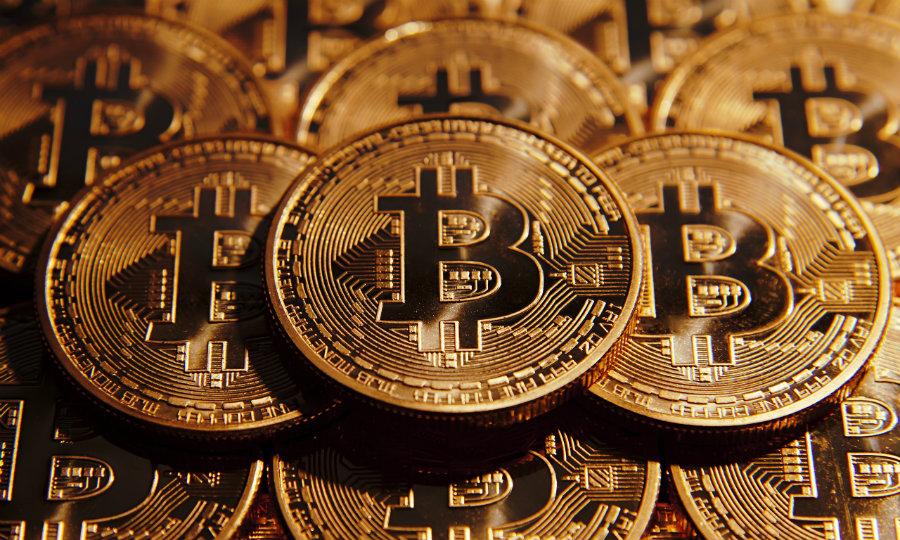Florida – A Miami-Dade judge ruled on July 25 that Bitcoin is not money, a decision hailed by proponents of the virtual currency that is becoming increasingly popular across the world.
In 2014, Miami Beach Detective Ricardo Arias was working undercover as an identity thief. During the operation, he met Michell Abner Espinoza, then 30, on localbitcoins.com. The pair made a deal, and Espinoza would give Arias $30,000 worth of bitcoins, which Arias would exchange for stolen Russian credit-card numbers.

They agreed to meet at a hotel on February 6, 2014, but it was all a set up; the money was false, and the room was wired with cameras and microphones.
There Espinoza was arrested on three felony counts of money laundering. Florida law forbids using financial transactions to “promote” illicit activity, just like this case. The case became emblematic in financial and the circles, being closely watched since the outcome could set precedents for next similar cases.
Finally, on July 25, 2016, Miami-Dade Circuit Judge Teresa Mary Pooler threw out the felony charges by ruling that Bitcoin was not ‘tangible wealth’ and ‘cannot be hidden under a mattress like cash and gold bars’ and that any government or bank did not back it.
#Bitcoin not money, rules judge during dismissal of laundering charges https://t.co/9vrr0NFcB0 pic.twitter.com/Sq8STCWupY
— RT (@RT_com) July 26, 2016
In an eight-page order, Pooler wrote that it was “very clear” even to someone who was not an expert on economics, that Bitcoin “has a long way to go” before it can be considered money. Since Bitcoin is not money, then the charges of money laundering cannot apply, since it is way too “vague.”
“This court is unwilling to punish a man for selling his property to another, when his actions fall under a statute that is so vaguely written that even legal professionals have difficulty finding a singular meaning,” Pooler wrote in the order.
Bitcoin experts were happy with the decision, arguing that it will offer a guideline to governments that have struggled to understand and regulate it, and most importantly, will encourage others to use it.
“Bitcoin is perfect for small-scale cross-border transactions and we are international in this area,” stated University economics professor Charles Evans.”If somebody from Venezuela needs a hammer, now that person can send Bitcoin to his cousin in Miami, that cousin can sell the Bitcoin, go buy the hammer and send it to Venezuela.”
Rene Palomino, who was Espinoza’s attorney, stated that the ruling gives the Bitcoin community ‘some guidance’ that Espinoza’s actions were not illegal since he was selling his own ‘personal property.’ Palomino also said the judge’s order was ‘beautifully written.’

Espinoza was arrested alongside, Pascal Reid, who quickly pleaded guilty to acting as an “unlicensed money broker” and reached a plea deal, in which he would teach law enforcement about Bitcoin. Slowly but steady, Bitcoin has been gaining popularity with ‘mainstream’ commerce, outside of the virtual world. In Miami, some restaurants accept Bitcoin and even a plastic surgeon.
However, authorities are concerned with how easily the virtual currency can be used in illegal acts.
In a famous case, Bitcoins were used to traffic drugs on the so-called Silk Road network. In another instance in South Florida, a Miramar man was sentenced to ten years in prison after using Bitcoins to buy Chinese-made synthetic heroin from a Canadian prisoner.
What is Bitcoin?
Bitcoin is known as a form of virtual currency and was invented by Satoshi Nakamoto, who introduced the idea on 31 October 2008 to a cryptography mailing list, releasing it as open-source software in 2009.
The system is ‘peer-to-peer’ which means transactions take place between users directly, without an intermediary. These transactions are recorded in the blockchain, a public distributed ledger, which uses Bitcoin as its unit of account.
In ground-breaking ruling, Miami judge rules #Bitcoin is not actually money, throws out money laundering case https://t.co/3wva1AQidK #MH
— David Ovalle (@DavidOvalle305) July 26, 2016
The U.S. Treasury categorizes Bitcoin as a decentralized virtual currency since the system works without a central repository or single administrator. Bitcoins can be exchanged for currencies of almost every country, products, and services. However, the legal status of the virtual currency varies from country to country.
In most cases, the legal status is still undefined or changing. Some other countries have explicitly allowed its use and trade and a few others have banned or restricted it. Likewise, various government agencies, departments, and courts have classified Bitcoins in substantially different ways.
The European Banking Authority, for example, have warned that refund rights or chargebacks do not protect Bitcoin users. However, its use is still growing. By February 2015, there were over 100,000 merchants accepting Bitcoin as a valid currency.
The system benefits them, since instead of paying the of 2–3% fees typically imposed by credit card processors, the use of Bitcoin means paying taxes only up to 2%.
Source: Miami Herald
